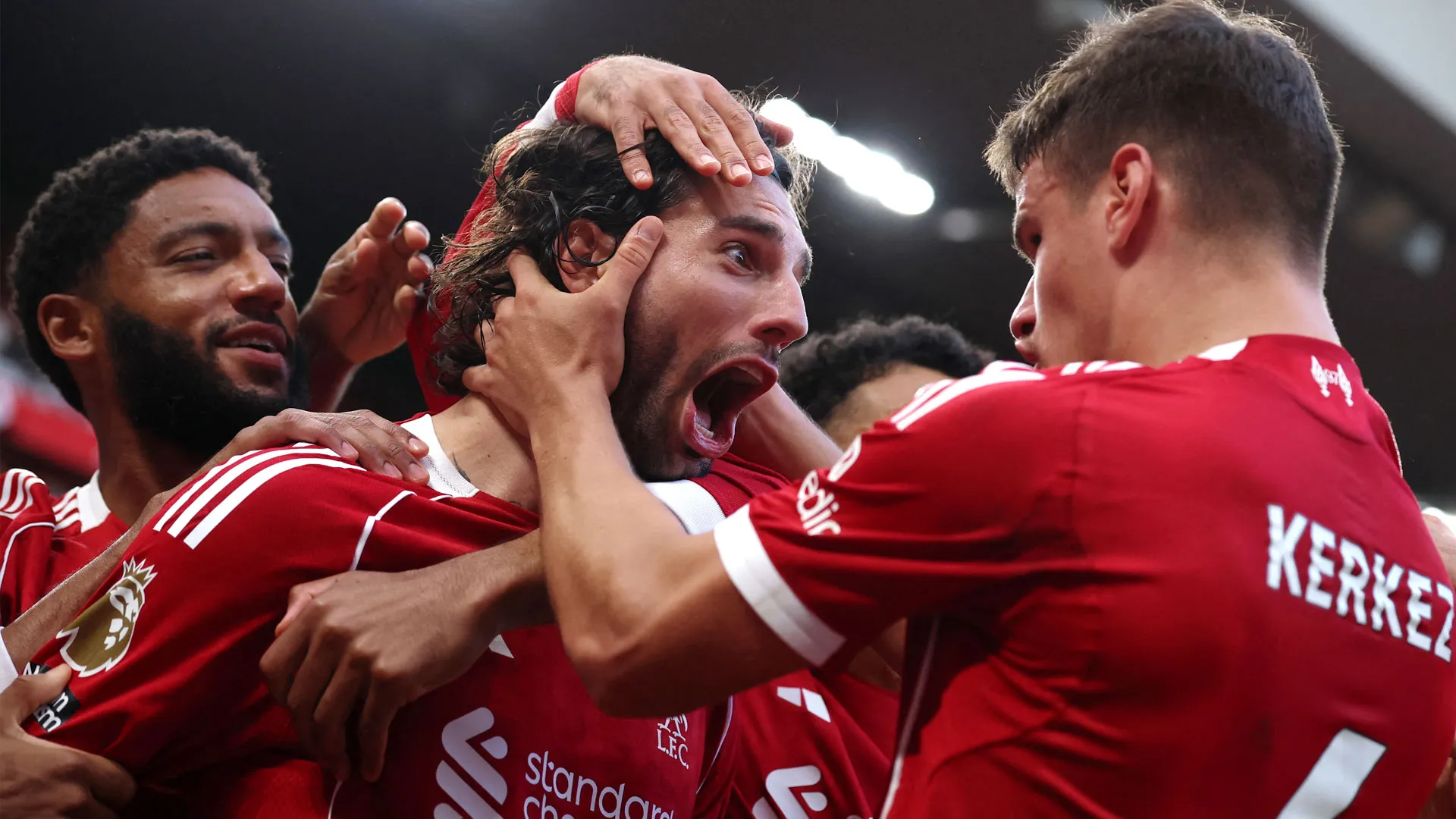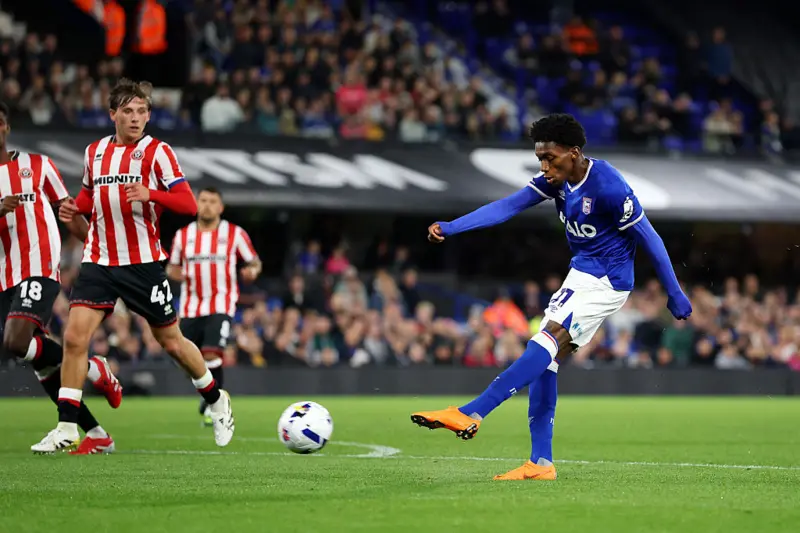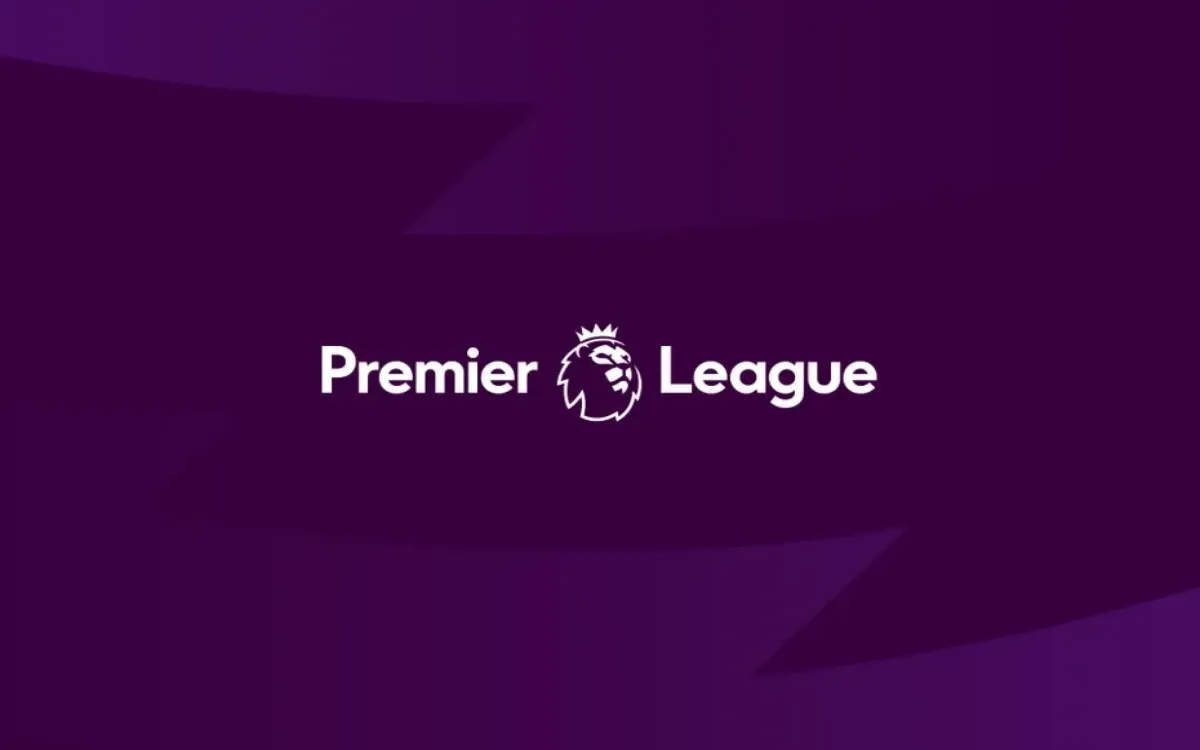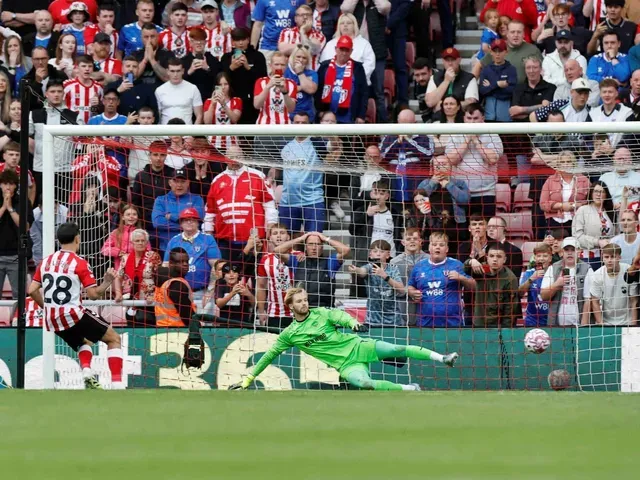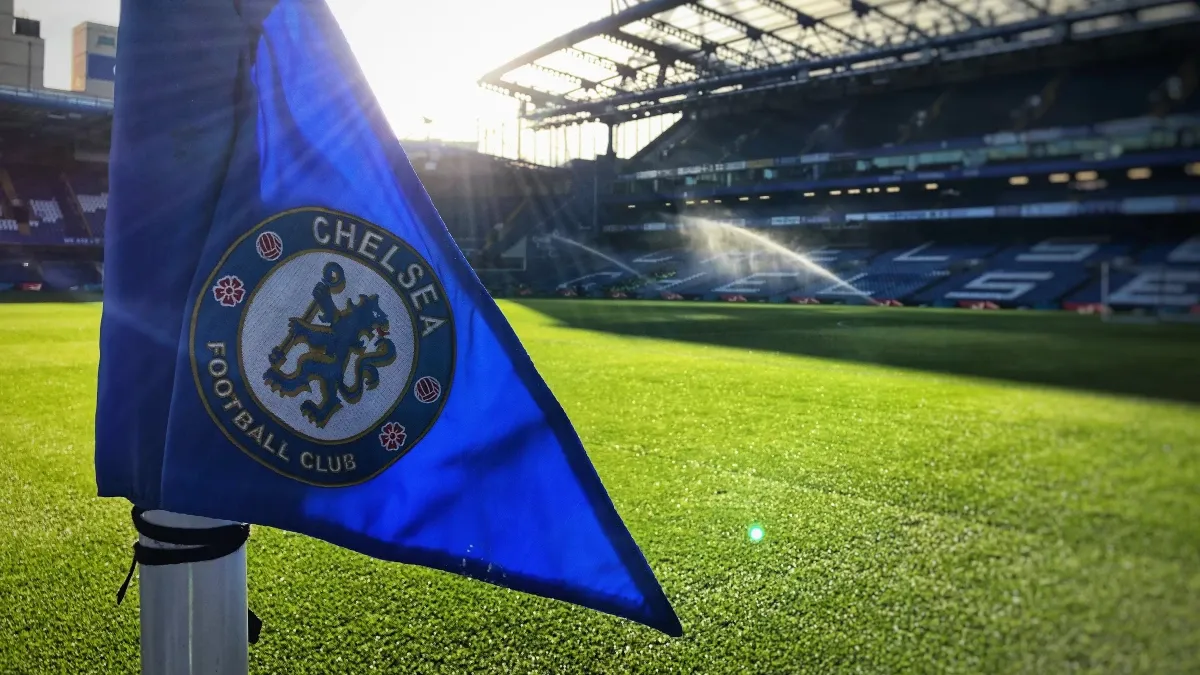
Chelsea’s 74 Charges: A Reckoning from the Past

When Chelsea Football Club’s new owners took control in May 2022, they promised a fresh start. Todd Boehly and Clearlake Capital were inheriting not just one of England’s most decorated clubs of the 21st century, but also the legacy of Roman Abramovich’s two-decade reign — an era of relentless spending, trophies, and occasional controversy. What they may not have anticipated was the sheer scale of the financial shadows they would uncover.
On 11th September 2025, those shadows came into full view: the Football Association charged Chelsea with 74 separate breaches of its regulations, covering everything from the use of agents to third-party investment in players.
This moment is not about today’s Chelsea, who are trying to rebuild under a different ownership model and a new sporting structure. It is about the past — about how football was run at the very top of the English game in an era before financial sustainability became the watchword.
BREAKING: Chelsea have been handed 74 charges by the Football Association over alleged breaches of agent regulations and third-party investment rules between 2009 and 2022. pic.twitter.com/m1UVme1x4x
— Sky Sports Premier League (@SkySportsPL) September 11, 2025
The Roots of the Case
The charges stretch back over a decade, with the majority of incidents alleged to have occurred between 2010 and 2016, right in the thick of Abramovich’s time at Stamford Bridge. This was a period when Chelsea were a dominant force in both England and Europe, signing big-name players and winning titles under José Mourinho, Carlo Ancelotti, and later Antonio Conte.
But alongside the glamour of silverware, investigators now believe there was a web of undisclosed payments to agents and intermediaries, some routed through offshore entities or connected to players’ families. At the heart of the matter are the FA’s rules about transparency: when a player is signed, all payments to agents, representatives, or other third parties must be clearly declared. Anything less is considered a breach, and when multiplied across years of transfers, it adds up. In Chelsea’s case, it adds up to seventy-four.
There is no suggestion that the players themselves were complicit. Instead, the spotlight falls on the club’s administrative practices and the culture of cutting corners in the pursuit of competitive advantage.
🚨 More on Chelsea's 74 charges for breaches of agent regulations under Roman Abramovich.
— Ben Jacobs (@JacobsBen) September 11, 2025
- These are historical charges, self-reported by Chelsea during due diligence before Clearlake-Boehly officially took charge.
- Majority of the breaches are between 2010 and 2016.
- Chelsea… pic.twitter.com/PfeLMkQgMg
A New Ownership, Old Problems
Ironically, the charges only came to light because of the change in ownership. During the 2022 takeover, Boehly’s group conducted due diligence and uncovered files that didn’t match up with official reporting. The new regime then self-reported these concerns to the FA, UEFA, and the Premier League — effectively handing the regulators the ammunition that has now been fired back at the club.
This creates an awkward paradox. The self-reporting demonstrates a level of transparency rarely seen in football; it also signals that Chelsea’s current leadership wants to distance themselves from the practices of the Abramovich era. Yet the club itself, as a legal entity, remains responsible. The badge and name endure, even if the people in the boardroom have changed.
The situation is reminiscent of corporate takeovers in other industries: when new owners buy a business, they inherit not only its assets but also its liabilities. For Chelsea, those liabilities now include one of the most extensive charge sheets ever handed down by the FA.
🔵 "It was coming! Boehly volunteered that information!"
— talkSPORT (@talkSPORT) September 11, 2025
💰 "What will the consequences be? I would assume financial..."
Simon Jordan reacts to the breaking news that #CFC have been hit with 74 charges over alleged financial breaches! 👀 pic.twitter.com/x8k2tWgZdc
What Exactly Was Broken?
To the average fan, the jargon of “Regulation J1” or “Regulation A2” may feel abstract, but the essence is simple: football’s governing bodies want to prevent outside influences from distorting competition.
- Agent rules exist to stop secret payments and conflicts of interest, ensuring that when an intermediary works on a deal, everyone knows who is being paid, how much, and for what purpose.
- Intermediary regulations demand transparency around representation. Using unregistered middlemen or disguising payments is a clear breach.
- Third-party investment rules exist to prevent external investors from owning stakes in players’ contracts — a practice that could allow a businessman, rather than a club, to dictate a player’s career moves.
Chelsea’s alleged failures span all three categories. If proven, they suggest a systemic pattern of skirting the rules in order to maintain their competitive edge.
🚨BREAKING NEWS: The English FA brings 74 charges against Chelsea over Abramovich ownership era. Alleged rules breaches over agents regulations and third-party investments in players.
— Football Factly (@FootballFactly) September 11, 2025
Chelsea and City with 74 and 115 charges against them now 👀👀👀 pic.twitter.com/Rbf0cNtZk6
Potential Punishments
The football world has been quick to speculate on what comes next. Could Chelsea face a points deduction? A transfer ban? Or just a fine? The consensus among experts is that the most likely outcome is financial penalties. The precedent is instructive: in 2023, UEFA fined the club €10 million after uncovering incomplete financial reporting in earlier years, a penalty also based on documents flagged by the new owners.
What makes harsher sporting sanctions less likely is the historic nature of the breaches and the fact that Chelsea themselves reported them. Unlike ongoing cases where a club may be seen as actively misleading regulators, this situation involves past actions being voluntarily disclosed. That said, the scale of the charges — seventy-four in total — could push the FA’s independent regulatory commission toward something more severe than a simple fine. Even the possibility of a suspended points deduction, to hang over the club as a deterrent, cannot be ruled out.
For Chelsea fans, the uncertainty is frustrating. They had already endured a turbulent transition post-Abramovich, with massive spending under the new owners leading to underwhelming results on the pitch. Now, just as the club tries to stabilize, they must reckon with ghosts of a previous era.
Over a BILLION spent under Todd Boehly 🤯🤑 pic.twitter.com/iPce2CzbD6
— Sky Sports Premier League (@SkySportsPL) September 1, 2023
Beyond Chelsea: The Bigger Picture
What this case really illustrates is the murky world of football finances in the early 2010s. Chelsea are not the only club to have faced scrutiny; Manchester City have their own long-running battle over alleged breaches of Premier League financial rules, while other European giants have been sanctioned by UEFA in different ways. The difference is that Chelsea’s current owners effectively invited this scrutiny by opening the books.
That raises important questions about governance. Should football authorities be more proactive in investigating historic practices, rather than waiting for ownership changes to bring them to light? Should there be a statute of limitations, after which old breaches can no longer be punished? And what responsibility should new owners bear for actions they had no part in?
For the FA, the Chelsea case is a chance to send a message: that the rules matter, that transparency is non-negotiable, and that the reputational cost of non-compliance will outlast any single ownership era.
What Happens Next
Chelsea has until 19th September 2025 to formally respond to the charges. After that, an independent commission will hear the case, assess the evidence, and decide on sanctions. The process could take months, with appeals likely if the club believes the punishment is disproportionate.
In the meantime, Chelsea continue their season in the Premier League under a cloud of uncertainty. On the pitch, they are trying to forge a new identity; off it, they are reckoning with the lingering consequences of a past they cannot fully escape.
A Club Between Eras
The 74 charges against Chelsea do not tell us much about the team that will take the field this weekend. They tell us, instead, about the cost of success in football’s modern era, and the way shortcuts eventually come back to haunt even the biggest clubs.
Chelsea today are caught between two eras: one defined by Abramovich’s lavish ambition, and another by Boehly’s attempt to build a sustainable powerhouse. The charges are a reminder that legacies cannot be erased simply by changing the name on the door.
Most Read
